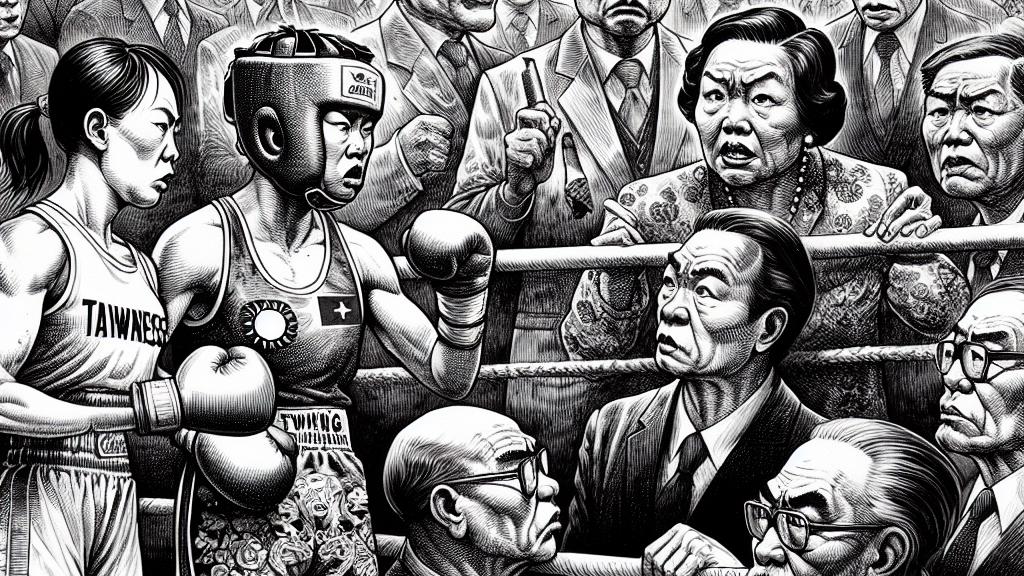Boxing Scandal: IBA's Gender Test Fallout Leaves Taiwan Star in Limbo!
Overview
- Taiwanese boxer Lin Yu-ting faces disqualification over contested gender eligibility tests.
- International Boxing Association (IBA) criticized for lack of transparency in testing.
- International Olympic Committee (IOC) supports Lin's eligibility, emphasizing fairness.

The Controversy Unfolds
At the 2023 Women's World Boxing Championships held in New Delhi, Taiwanese boxer Lin Yu-ting was unexpectedly disqualified amid a gender eligibility dispute. The International Boxing Association (IBA) questioned her and Algerian boxer Imane Khelif's participation, citing concerns over their classifications as female athletes. This decision drew immediate backlash from experts such as Hsu Mei-chich, a prominent professor at Kaohsiung Medical University. Hsu criticized the IBA for its lack of transparency, noting that no specific details of the tests conducted were disclosed. Lin has been competing as a woman with all necessary documentation affirming her identity. This controversy not only jeopardizes her reputation but also highlights the urgent need for updated policies in sports governing bodies regarding gender identity.
Legal and Medical Perspectives
The fallout from the IBA's actions has ignited a larger discussion about the definitions of gender in sports. Many medical and legal experts argue that gender identity cannot be strictly constrained by biological markers such as chromosomes or hormone levels. These traditional classifications often overlook the complexity of gender, which encompasses a wide spectrum of identities and experiences. The unclear criteria and mysterious testing methods used by the IBA have raised significant concerns among athletes and advocates alike. Calls for reform are amplifying as stakeholders demand clearer guidelines that can ensure equitable treatment in sports. As the landscape of gender identity evolves, it's crucial that sports authorities adapt to reflect contemporary understandings, safeguarding the rights of all athletes effectively.
Support from the Olympic Committee
In a significant turnaround for Lin, the International Olympic Committee (IOC) has reaffirmed its support, stating that eligibility in Olympic events primarily relies on valid documents like passports. The IOC has openly rejected the IBA's claims, branding their testing approach as scientifically unfounded and illegitimate. Lin's resilience shines through as she progresses toward securing at least a bronze medal in the Paris Olympics, underscoring her dedication and talent as an athlete. Her ongoing success in the face of adversity not only highlights her personal struggle but also represents a pivotal point in the larger movement for inclusivity and fairness in competitive sports. This situation serves as a call to action, as stakeholders are encouraged to reassess and implement changes to ensure that all athletes are treated with dignity and respect, based on comprehensive and transparent policies surrounding gender identity.

Loading...